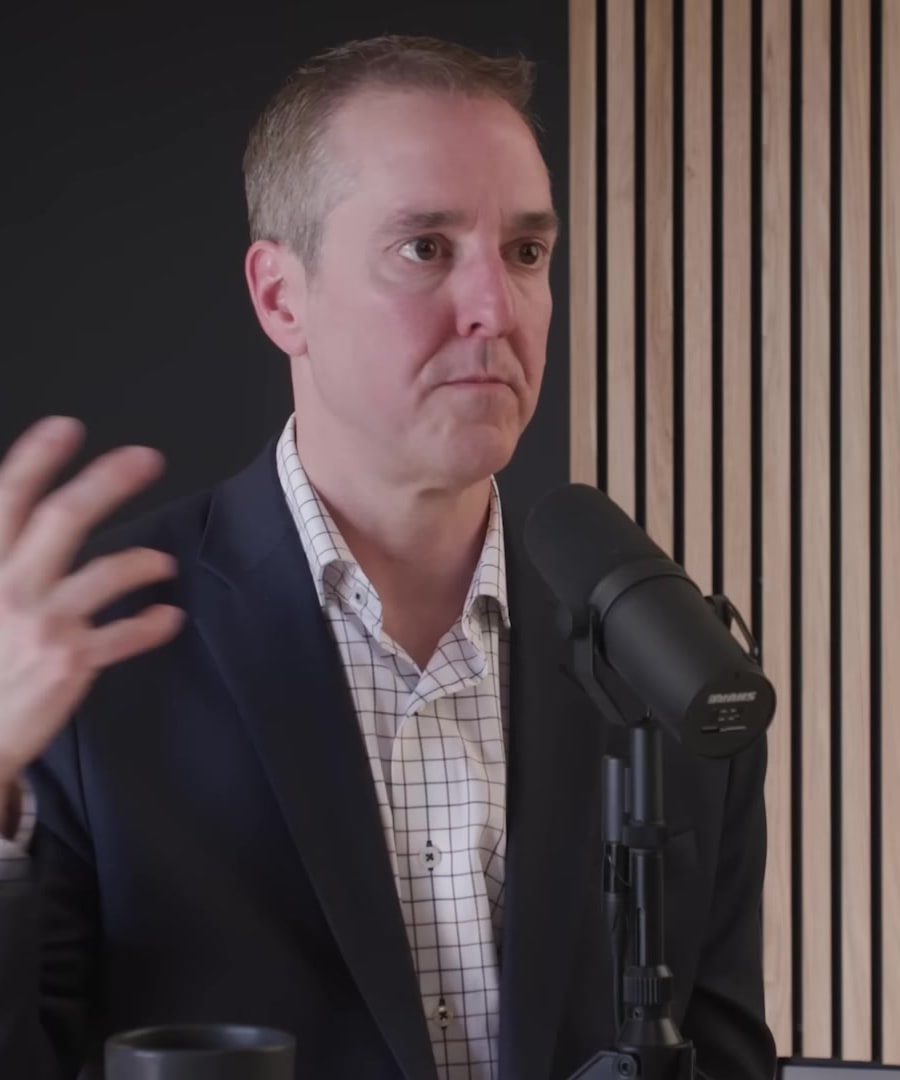Is it too late to discuss with Dr. Matthew Walker the subject of medicinal sleep aids. i.e zolpidem (ambient)? Their pros and cons, etc...
Sources:
Dr. Matthew Walker has discussed the pros and cons of sleep medications like Zolpidem (Ambien) in depth. He highlights that these drugs, known as sedative hypnotics, induce sedation rather than true sleep. Walker points out that while these medications might increase certain patterns of brain activity suggesting deeper sleep, they actually reduce the most beneficial types of deep brain wave activity. Additionally, issues such as daytime sleepiness and safety concerns are associated with their use. Newer medications that target a more natural sleep mechanism are now viewed as more favorable options 1.
Walker also mentions dual orexin receptor antagonists, which focus on enhancing naturalistic sleep by blocking the wakefulness pathway in the brain. These newer medications show promise in improving overall sleep quality, including REM sleep, without the drawbacks seen with older sedatives 2.
Overall, while there is recognition of the temporary usefulness of medications like Ambien in certain cases, there is a shift towards exploring other therapeutic options that support natural sleep mechanisms 2.
RELATED QUESTIONSShow me the latest research on sleep aids like Zolpidem.
Sources:
The latest research on sleep aids, including Zolpidem, was discussed by Dr. Matthew Walker in a recent episode of the Huberman Lab podcast. Walker focuses on newer sleep medications that target natural sleep mechanisms, particularly dual orexin receptor antagonists (DORAs), which inhibit the wakefulness pathway, thereby promoting more naturalistic sleep. These newer medications are seen as better alternatives because they aim to support the body's natural sleep-wake cycles rather than merely inducing sedation. He mentions that these DORAs have shown promise for both falling asleep and sustaining sleep, especially in older adults 1.
Dr. Walker remains critical of older medications like Zolpidem, categorized under sedative-hypnotics. He highlights the difference between sedation and true sleep, where sedative-hypnotics induce sedation rather than the restorative sleep that the body needs. He notes that while these agents might increase certain brain activities associated with deep sleep, they reduce the most health-beneficial types of deep brain wave activity 1. It's significant to consider these insights when evaluating the effectiveness and side effects of different sleep medications.
Thank you for your feedback!RELATED QUESTIONSDiscuss alternatives to Zolpidem.
Sources:
Dr. Matthew Walker and Dr. Chris Palmer discuss several alternatives to Zolpidem for improving sleep quality, especially in older adults:
-
Doxepin: This low dose medication is effective for keeping people asleep. It's beneficial in pill form or as a liquid solution, with typical usage involving half a milliliter mixed into a drink before bed 1.
-
Trazodone: Although there is some controversy around its use, Trazodone has been helpful for those struggling to fall asleep. However, precautions need to be taken because of its antidepressant properties 1.
-
Dual Orexin Receptor Antagonists (DORAs): These newer medications inhibit the wakefulness pathway and support natural sleep cycles without inducing sedation. They have been discussed as promising for both initiating and maintaining sleep 1.
-
Benzodiazepines: Used as a temporary solution (about three to seven days) to break cycles of poor sleep, particularly in individuals with serious mental conditions. However, the use needs to be monitored closely due to dependency risks 2.
-
Melatonin and Magnesium: These supplements are non-prescription alternatives that can aid in sleep. Melatonin helps in regulating the sleep-wake cycle, whereas magnesium can relax the body and improve sleep quality.
These options offer various mechanisms of action compared to Zolpidem, aiming for a more natural sleep or addressing specific sleep challenges. Always consult a healthcare provider before starting a new medication for sleep.
RELATED QUESTIONS-
What are the side effects of Doxepin, Trazodone, and DORAs?
Sources:
Dr. Matthew Walker discusses some potential side effects and considerations for Doxepin, Trazodone, and Dual Orexin Receptor Antagonists (DORAs):
-
Doxepin: This medication helps to maintain sleep, especially in older adults. It is available in low doses such as three and six milligrams. Doxepin is available in pill form, but these may need to be halved as they are typically in twelve milligram dosages. A liquid solution is also available, making the dosage more manageable. The common aim is to use a low dose to minimize side effects while effectively aiding sleep 1.
-
Trazodone: While Trazodone is effective in helping people fall asleep, there has been some pushback from the medical community concerning its usage. This might relate to side effects or its primary use as an antidepressant. The specific side effects were not detailed in the discussion 1.
-
Dual Orexin Receptor Antagonists (DORAs): These drugs inhibit the wakefulness pathway in the brain, aiding in natural sleep without the sedating effects typical of other sleep medications. While the discussion did not specify side effects, the emphasis on their non-sedative mechanism implies fewer complications related to cognition or alertness 1.
It's always recommended to discuss potential side effects and appropriate usage with a healthcare provider before starting any new medication regimen.
RELATED QUESTIONS-
Is it too late to discuss with Dr. Matthew Walker the subject of medicinal sleep aids. i.e zolpidem (ambient)? Their pros and cons, etc...
- RELATED QUESTIONS
Show me the latest research on sleep aids like Zolpidem.
- Thank you for your feedback!RELATED QUESTIONS
Discuss alternatives to Zolpidem.
- RELATED QUESTIONS
What are the side effects of Doxepin, Trazodone, and DORAs?
- RELATED QUESTIONS



